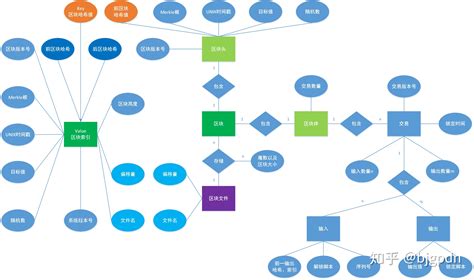Title: Exploring the Reliability of Blockchain Technology
Blockchain technology has garnered significant attention in recent years due to its potential to revolutionize various industries with its touted high reliability. Let's delve into the factors contributing to the reliability of blockchain and explore its implications across different sectors.
One of the key features of blockchain technology is decentralization. Traditional systems rely on a central authority for data storage and validation, making them susceptible to single points of failure. In contrast, blockchain operates on a decentralized network of nodes, each containing a copy of the entire ledger. This distributed nature enhances reliability by eliminating the risk of a single point of control or failure.
Blockchain maintains an immutable ledger, meaning once data is recorded, it cannot be altered or deleted retroactively without consensus from the majority of the network. This feature ensures data integrity and prevents tampering, enhancing the reliability of transactions and records stored on the blockchain.
Consensus mechanisms, such as Proof of Work (PoW) and Proof of Stake (PoS), ensure agreement among network participants regarding the validity of transactions. These mechanisms require nodes to expend resources or stake assets to validate transactions, making it economically and computationally prohibitive for malicious actors to manipulate the system. By achieving consensus through these mechanisms, blockchain networks maintain reliability and security.
Transparency and auditability are inherent to blockchain technology. All transactions are recorded on a public ledger, accessible to anyone on the network. This transparency fosters trust among participants by allowing them to verify transactions independently. Moreover, the auditability of blockchain data enables easy traceability and accountability, further enhancing reliability.
Blockchain networks exhibit high fault tolerance due to their distributed nature. Even if some nodes fail or behave maliciously, the integrity and availability of the network remain unaffected as long as a sufficient number of honest nodes continue to operate. This faulttolerant architecture contributes to the reliability of blockchain systems.

The reliability of blockchain technology holds significant implications across various industries. In finance, blockchain can streamline processes such as crossborder payments and securities trading, reducing the risk of fraud and errors. In supply chain management, blockchain enhances traceability and transparency, ensuring the authenticity and integrity of products. Additionally, in healthcare, blockchain facilitates secure sharing of medical records while maintaining patient privacy.
In conclusion, blockchain technology offers high reliability through its decentralized architecture, immutable ledger, consensus mechanisms, transparency, and fault tolerance. By leveraging these attributes, blockchain has the potential to transform numerous industries, offering enhanced security, efficiency, and trustworthiness.
标签: 区块链可以在缺乏信任的情况下 区块链有可能带来什么巨大的风险 区块链值得学吗







